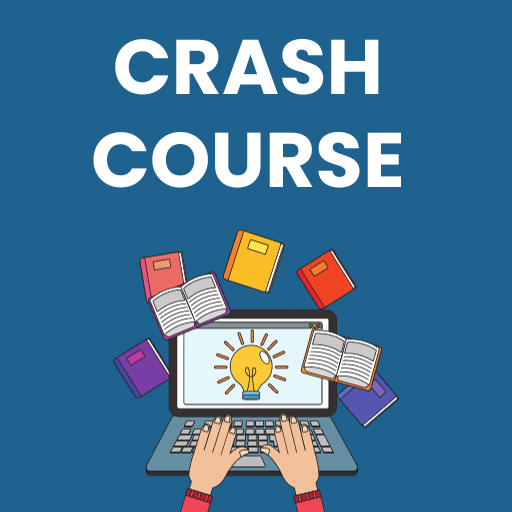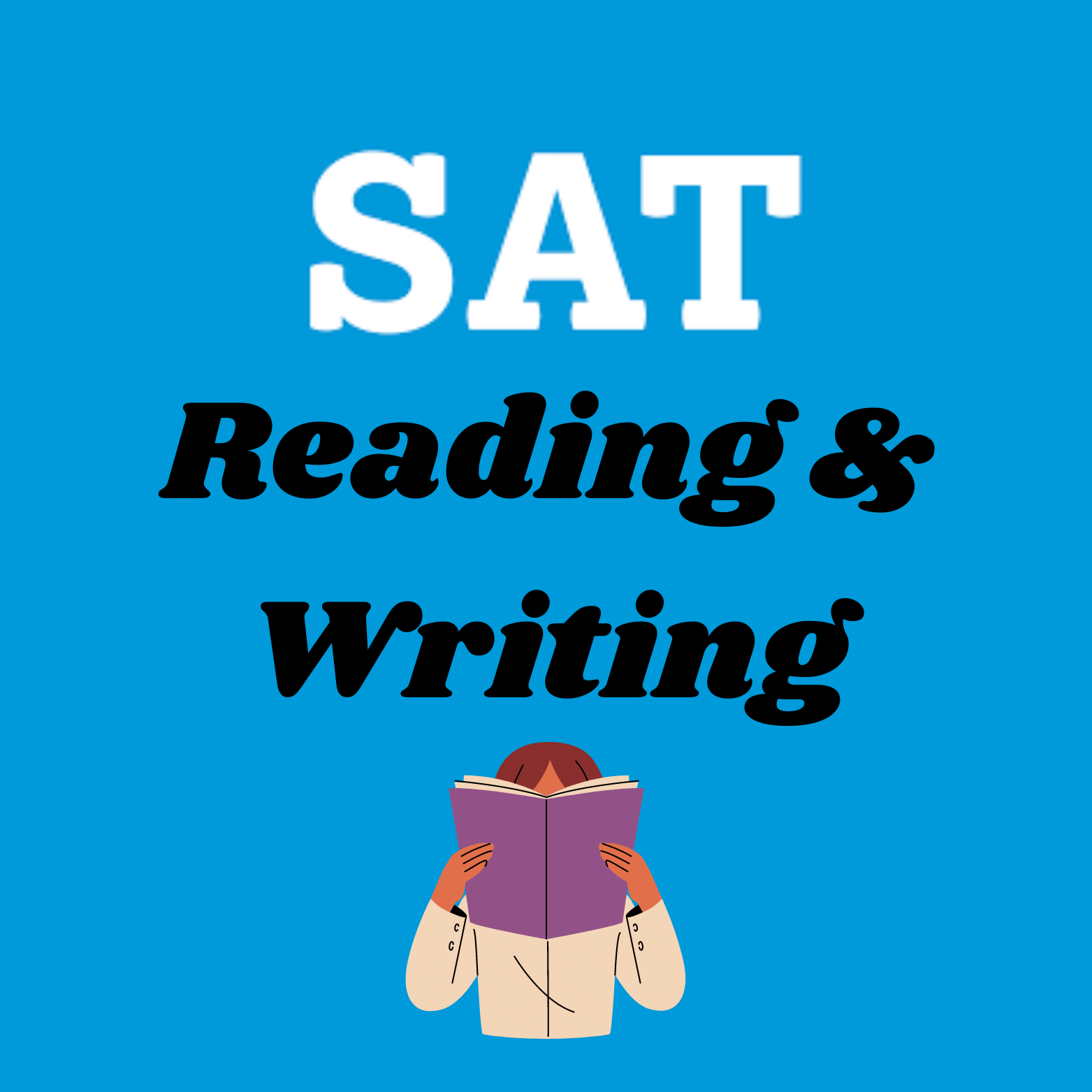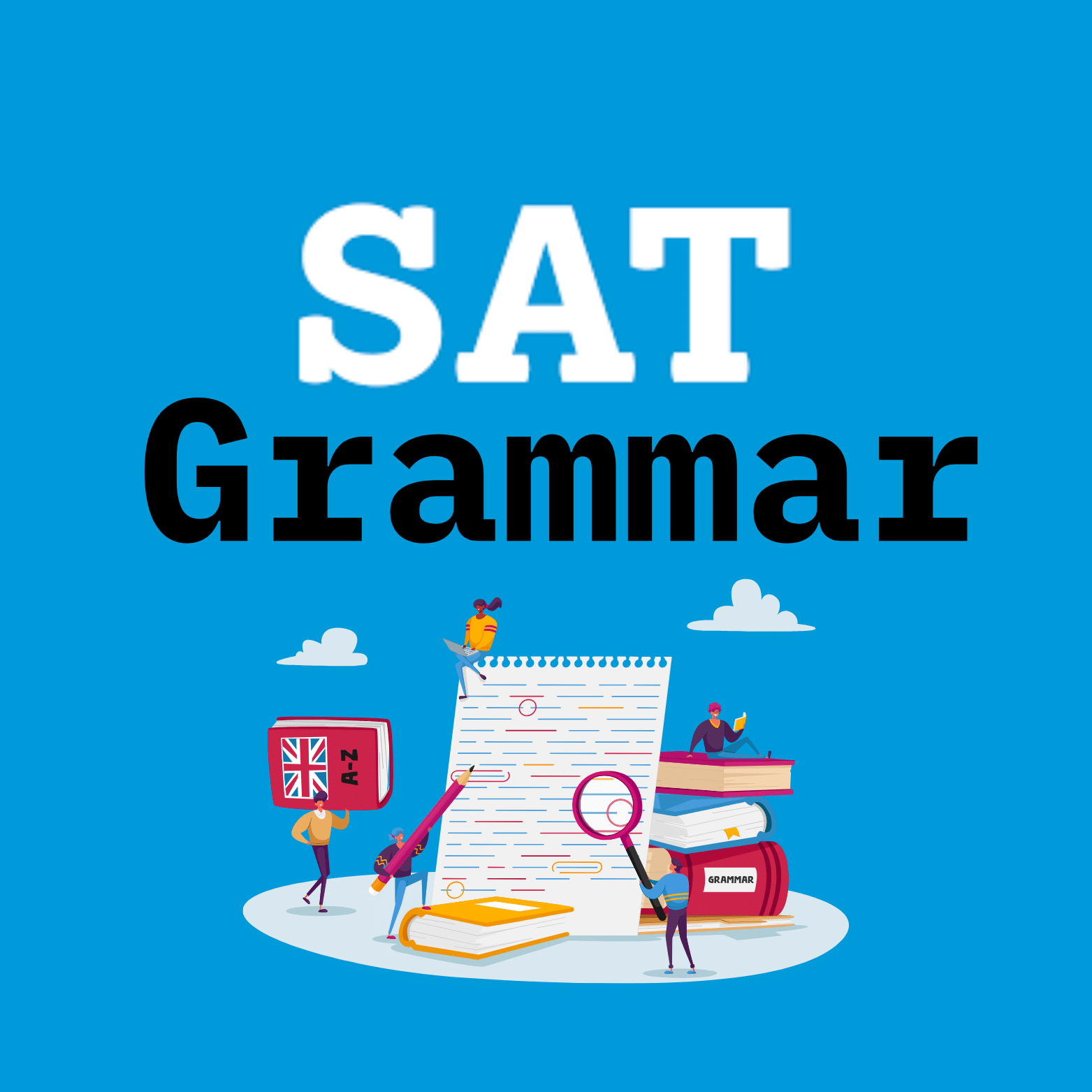SAT Exam preparation at EduRev
1. SAT preparation:
SAT preparation is a crucial step for students aiming to excel in their college admissions process. It involves various techniques and resources that help students enhance their knowledge and test-taking skills. Effective SAT preparation involves creating a study schedule, identifying weak areas, and utilizing study materials such as practice tests, study guides, and online resources.
2. SAT practice tests:
SAT practice tests are invaluable tools for students preparing for the actual exam. These tests simulate the real exam environment and allow students to familiarize themselves with the format, types of questions, and time constraints. By taking practice tests regularly, students can identify their strengths and weaknesses, adjust their study plans accordingly, and gain confidence in their ability to perform well on the SAT.
3. SAT study materials:
SAT study materials play a crucial role in helping students effectively prepare for the exam. These materials include study guides, textbooks, online resources, and practice questions. They cover various topics tested in the SAT, provide explanations and strategies, and offer practice exercises to reinforce concepts. Choosing appropriate study materials that align with individual learning styles and needs is essential to ensure comprehensive preparation.
4. SAT tips and strategies:
SAT tips and strategies are essential for maximizing performance on the exam. These include time management techniques, guessing strategies, question-solving approaches, and methods for tackling different question types. By familiarizing themselves with these strategies and practicing their application, students can optimize their efficiency, accuracy, and overall test scores.
5. SAT test dates:
SAT test dates are predetermined dates on which the exam is administered. These dates are typically scheduled throughout the year, allowing students to choose the most convenient timing for them. It is crucial for test-takers to plan and register for the SAT well in advance to ensure they secure a spot on their preferred test date.
6. SAT registration:
SAT registration is the process by which students sign up to take the exam. It involves providing personal information, selecting a test date and location, and paying the registration fee. Students should be aware of registration deadlines and ensure they complete the process within the specified timeframe to avoid any complications or additional fees.
7. SAT score range:
The SAT score range refers to the range of possible scores a student can achieve on the exam. The range is divided into sections: Evidence-Based Reading and Writing and Math, with a maximum score of 800 for each section. The total SAT score ranges from 400 to 1600. Understanding the score range is essential for setting realistic score goals and evaluating performance.
8. SAT test format:
The SAT test format consists of four sections: Evidence-Based Reading, Writing and Language, Math (no calculator), and Math (calculator allowed). The exam also includes an optional essay section. Familiarizing oneself with the test format is crucial for effective preparation and efficient time management during the exam.
9. SAT essay tips:
The SAT essay section is an optional component of the exam. However, many colleges require or recommend it as part of the application process. To excel in the essay section, students should practice writing timed essays, develop strong thesis statements, analyze and interpret provided sources, and use clear and concise language. Effective essay tips and strategies can help students craft well-organized and persuasive essays within the time constraints.
10. SAT test taking strategies:
SAT test-taking strategies are techniques that help students approach and answer questions effectively within the given time limit. These strategies include skipping difficult questions, managing time efficiently, eliminating answer choices, and utilizing educated guessing. By employing these strategies, students can optimize their performance and increase their chances of achieving higher scores.
11. SAT math practice:
SAT math practice is essential for students to strengthen their quantitative skills and problem-solving abilities. It involves practicing various math concepts tested on the exam, such as algebra, geometry, data analysis, and statistics. Regular math practice allows students to identify areas of weakness, reinforce concepts, and develop strategies for solving math problems efficiently.
12. SAT reading comprehension:
SAT reading comprehension measures a student's ability to understand, analyze, and interpret written passages. Effective SAT reading comprehension practice involves improving vocabulary, honing reading speed, understanding different question types, and employing active reading strategies. By practicing these skills, students can enhance their reading comprehension abilities and perform well on the SAT.
13. SAT writing section:
The SAT writing section evaluates a student's ability to identify and correct errors in written passages, improve sentence structure and clarity, and analyze rhetorical elements. To excel in this section, students should practice identifying grammar and punctuation errors, improving sentence structure, and understanding the nuances of effective writing. Developing strong skills in grammar, syntax, and rhetoric is crucial for a high score in the SAT writing section.
14. SAT vocabulary:
SAT vocabulary refers to the words and phrases commonly tested on the exam. Building a strong vocabulary is essential for understanding and answering complex reading passages and sentence completion questions. Students should regularly practice learning and using new words through flashcards, reading challenging texts, and employing vocabulary-building techniques to enhance their language skills.
15. SAT college admissions:
The SAT plays a significant role in college admissions, as many universities consider SAT scores as part of their evaluation process. A strong SAT score can enhance a student's college application and increase their chances of admission to their desired institutions. However, it is important to note that SAT scores are not the sole factor in college admissions, as universities also consider other aspects such as GPA, extracurricular activities, essays, and letters of recommendation.
Additional Information about SAT Preparation
SAT Exam Pattern 2025-2026
To start your SAT exam preparation, it is essential to understand the exam pattern.
The SAT exam pattern will help candidates to understand the structure of the SAT Exam question paper and marking scheme.
Students can find the complete detailed explanation of the SAT Exam pattern on EduRev.
It includes details about the exam date, syllabus, language, question paper, and paper analysis.
SAT Syllabus 2025-2026 PDF Download
Access the comprehensive SAT Syllabus for 2025-2026 in PDF format with EduRev.
This valuable resource provides the detailed subject syllabus, exam pattern, and language information for efficient exam preparation.
Students can download and study the syllabus, along with study materials, notes, and recommended best books available on EduRev.
Enhance your preparation with mock tests, sample papers, and question papers for paper analysis.
Additionally, Toppers' notes and coaching assistance are at your disposal to excel in the SAT exam.
Achieve outstanding results and boost your confidence with EduRev's curated videos and preparation tips.
SAT Books
Prepare for the SAT exam with the best books available on EduRev. These books cover the entire syllabus and exam pattern,
ensuring comprehensive preparation. students can access study material, sample papers, and subject-specific notes to enhance their understanding.
EduRev offers coaching support and paper analysis to sharpen exam skills. With mock tests and question papers,
students can practice effectively and gain confidence. Stay updated with the exam date and language requirements for a smooth experience.
Toppers' notes are an additional resource for valuable insights. EduRev's official website provides access to all these resources,
helping you excel in the SAT exam effortlessly.
SAT Study Material and Notes PDF Download
Prepare for the upcoming SAT exam with EduRev's Study Material and Notes in PDF format.
Access a comprehensive collection of subject-specific study materials and notes to cover the entire syllabus.
These resources are designed to aid your preparation, ensuring a thorough understanding of the exam pattern, language, and syllabus.
Boost your confidence with practice papers and question papers for paper analysis. EduRev offers coaching support and toppers' notes to excel in the SAT exam.
Download the study material and notes from EduRev's official website and embark on a successful preparation journey.
SAT Previous Year Papers
SAT Previous Year Papers by EduRev provide valuable resources for exam preparation.
Access question papers, paper analysis, and practice papers to understand the exam pattern and syllabus thoroughly.
Enhance your preparation with best books, study materials, and toppers' notes.
Stay updated with the latest exam date and official website information. Utilize mock tests and sample papers to practice in the exam language.
Boost your performance with insightful preparation tips and coaching videos.
Ace the SAT exam confidently with EduRev's comprehensive study material and expert guidance. Prepare effectively and excel in your upcoming exam.
Important Questions for SAT
Get ready to ace the SAT exam with a focus on important questions.
These questions give valuable insights into the exam's format and difficulty, helping you gauge your readiness.
Access various question papers, including sample papers, previous years, and mock tests, to understand the exam's scope.
Analyze these questions to identify patterns and essential topics. Strengthen your knowledge with study material and notes.
EduRev provides an extensive collection of important questions to support your preparation and boost your chances of achieving outstanding results.




![Grid View]()
![List View]()


 (150K+ ratings)
(150K+ ratings)
![]() (150K+ ratings)
(150K+ ratings)
 (150K+ ratings)
(150K+ ratings)















































